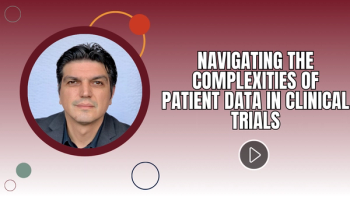
In this video interview with ACT editor Andy, Studna, Silvio Galea, chief data & analytics officer, WCG, highlights challenges with patient data from an operational perspective.

In this video interview with ACT editor Andy, Studna, Silvio Galea, chief data & analytics officer, WCG, highlights challenges with patient data from an operational perspective.
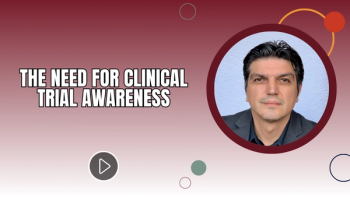
In this video interview with ACT editor Andy, Studna, Silvio Galea, chief data & analytics officer, WCG, discusses the lack of awareness surrounding clinical research.
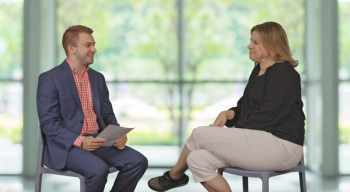
In a fireside chat with ACT editor Andy Studna, Bowdish, from a clinical research cancer center, shares her experience with these relationships and how to streamline clinical operations.
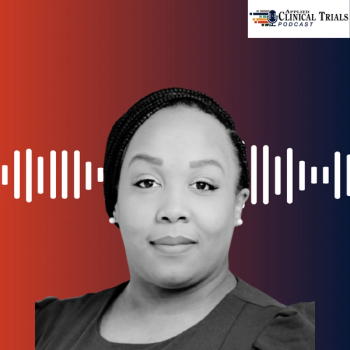
Ashley Moultrie, CCRP, senior director, DEI & community engagement, Javara discusses current trends and challenges with achieving greater diversity in clinical trials, how integrated research organizations are bringing care directly to patients, and more.
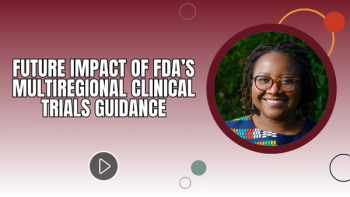
In this video interview with ACT editor Andy Studna, Mwango Kashoki, SVP, global head of regulatory strategy, Parexel, discusses how the guidance should prompt better-designed oncology trials and greater diversity.
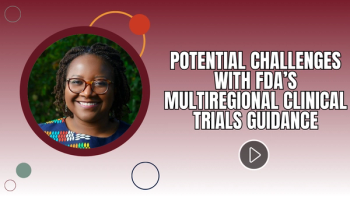
In this video interview with ACT editor Andy Studna, Mwango Kashoki, SVP, global head of regulatory strategy, Parexel, touches on challenges that may be created by the guidance such as meeting multiple regulatory requirements.
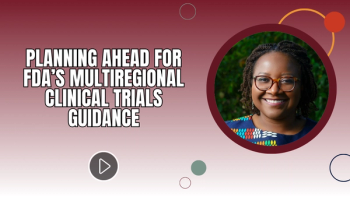
In this video interview with ACT editor Andy Studna, Mwango Kashoki, SVP, global head of regulatory strategy, Parexel, discusses how sponsors will need to plan ahead even further for their oncology trials.

Arexvy, recently approved for adults 50 through 59 years of age at increased risk, succeeds in trial of adults aged 60 and older through multiple respiratory syncytial virus seasons.
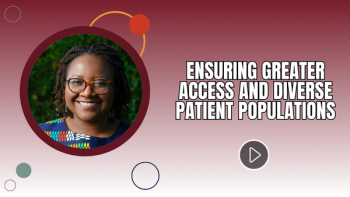
In this video interview with ACT editor Andy Studna, Mwango Kashoki, SVP, global head of regulatory strategy, Parexel, highlights how FDA’s multiregional clinical trials in oncology guidance encourages more diverse site locations and patient populations.
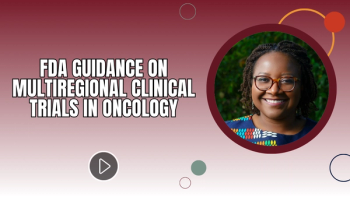
In this video interview with ACT editor Andy Studna, Kashoki, SVP, global head of regulatory strategy, discusses the new draft guidance and its emphasis on proactive planning.
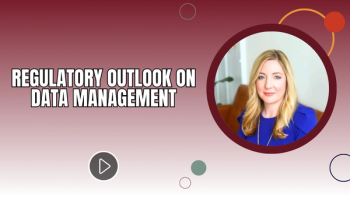
In this video interview with ACT editor Andy Studna, Erin Erginer, director of product, Certara looks forward and shares her insights on the future of data management.

Emergex’s T cell-priming candidate will be studied in early-phase trials in search for next generation of COVID-19 vaccines.
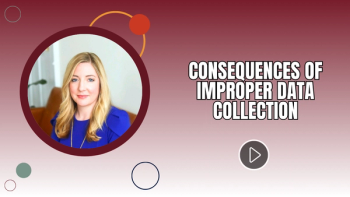
In this video interview with ACT editor Andy Studna, Erin Erginer, director of product, Certara discusses how improper data collection can extend timelines and incur additional cost.

In this video interview with ACT editor Andy Studna, Erin Erginer, director of product, Certara touches on the burden associated with data collection.

The study will evaluate the safety and efficacy of a casdatifan plus volrustomig combination for the treatment of clear cell renal cell carcinoma.
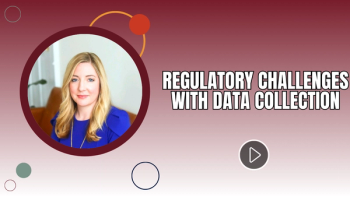
In this video interview with ACT editor Andy Studna, Erin Erginer, director of product, Certara discusses the lack of submission standards for clinical data.

Findings from two Baltimore medical centers presented at the American Society for Radiation Oncology Annual Meeting suggest spiritual themes and distrust may be behind the decline in trial participation.

In this video interview with ACT editor Andy Studna, Erin Erginer, director of product, Certara highlights challenges with data volume and complexity.
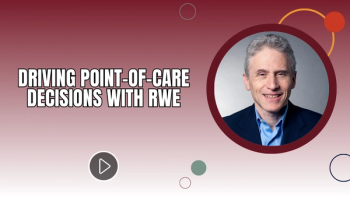
In this video interview with ACT editor Andy Studna, Rich Gliklich, founder of OM1 highlights personalized medicine and predicting disease outcomes.

Recent study compared patient enrollment trends in industry- and federally sponsored oncology trials.

In this video interview with ACT editor Andy Studna, Rich Gliklich, founder of OM1 discusses automating data collection and organizing unstructured data.

In this video interview with ACT editor Andy Studna, Rich Gliklich, founder of OM1 highlights existing guidances on real-world data and where there is room for even more oversight.

Latest offering leverages automation in the payment process for travel, childcare, and more.

In this video interview with ACT editor Andy Studna, Rich Gliklich, founder of OM1 touches on the idea of maximizing data collection.

Cohort study of over 290,000 patients found disparities in cancer stage at diagnosis and survival.
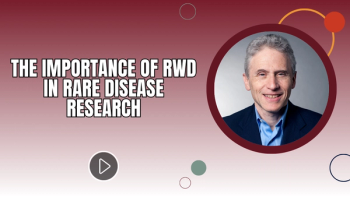
In this video interview with ACT editor Andy Studna, Rich Gliklich, MD, founder of OM1 discusses how real-world data can be useful throughout the different stages of a trial.

Findings from the Phase II study for neoadjuvant uveal melanoma show 49% of patients experienced a >30% tumor shrinkage.
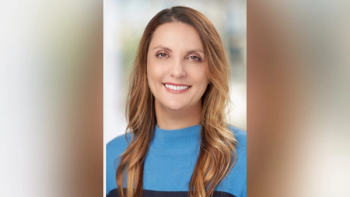
DeOliveira, senior director, global regulatory operations, Cerevel (now part of AbbVie) highlights her experience in regulatory operations and how to address increased oversight from regulators.
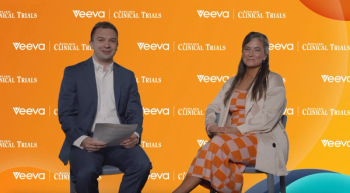
In a fireside chat with ACT editor Andy Studna, Burks, vice president, site solutions highlights her career path and streamlining workflows between sites and sponsors.

Across two clinical trials in the QWINT program, efsitora showed non-inferior A1C reduction compared to other frequently used daily insulins.